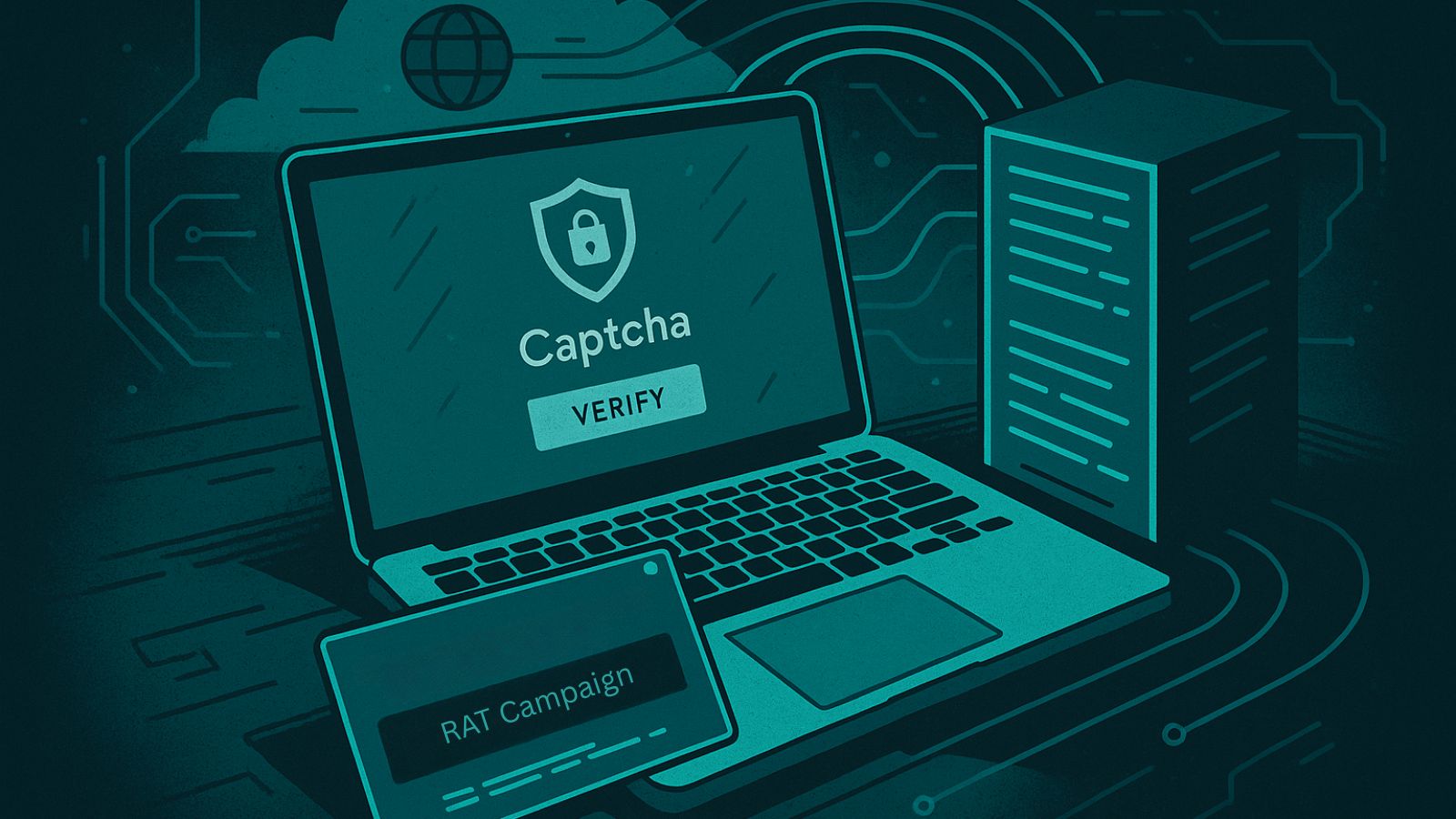
ARIN Asks for a More In-Depth IP Address Whois Database
- ARIN is proposing that a detailed identity-based IP address database is maintained in the USA and Canada.
- The organization fears that the rise of the IPv6 will wreak havoc, making investigations against online copyright infringement activities almost impossible to conduct.
- Some high-standing members of ARIN disagree, so the proposal is likely to be amended and resubmitted again soon.
ARIN (American Registry for Internet Numbers) has submitted an official recommendation to the Federal Government of Canada, containing two points of measures against copyright infringement. The first is to make the maintenance of an up-to-date registry of IP address numbers mandatory, and the second is to compel organizations who assign IP addresses to others to maintain an up-to-date Whois database.
ARIN is a non-profit corporation that is responsible for the allocation of blocks of IP numbers in the US, Canada, and parts of the Caribbean. Some of the large corporations that receive these blocks for further allocation include Microsoft and Google, while the intermediaries that perform a similar allocation role are mostly Internet Service Providers (ISPs). What ARIN is suggesting now, is that those intermediaries take note of who is the individual behind each IP address that they distribute, so that when copyright and law enforcement action is required the correct users are identified and located.
ARIN's recommendation
Right now, ISPs are also keeping track of large blocks of IP numbers that are usually allocated to institutions such as university networks, etc. However, this causes difficulty to the investigators of those who try to identify who is behind copyright infringing activities. As ARIN points out, maintaining an in-depth Whois database will simplify this procedure, streamlining investigations and putting a substantial obstacle on the pirates’ way. So far, ARIN has tried to impose the maintenance of such a database by asking intermediaries to follow this practice when they gave out new blocks of IP addresses. However, they had no way to make this mandatory, and as the internet grew larger and more complex, this started to cause problems on all levels.
The move from IPv4 to IPv6 has opened up the available address pool to unprecedented levels, meaning that ISPs and other IP address allocation organizations do not have to work closely with ARIN, or as frequently as they did before. IPv6 blocks contain a lot more IP addresses, so regularly asking for compliance is now out of reach for ARIN. As the non-profit warns, this can gradually lead to complete chaos, with investigations getting almost impossible.
All things considered, ARIN’s proposal is not simple to implement, and it’s indicative that even members of the ARIN community that sit high in the hierarchy do not approve the recommendations. Some warn that those go against the General Data Protection Regulation, while privacy is an obvious concern for all.
ARIN routinely briefs govs on the importance of the Internet number registry sys but doc in the CA Copyright Act proceeding was not approved by myself or the ARIN Board. We're setting processes so this will not recur & will seek to amend to accurately reflect ARIN's position.
— John Curran (@jcurranarin) January 5, 2019
ARIN’s official proposal is still active at this time, however, sources have clarified that it will soon be amended to better reflect the position of the ARIN community.
Where do you stand on the above? Let us know of your opinion in the comments section below, or on our socials on Facebook and Twitter.






